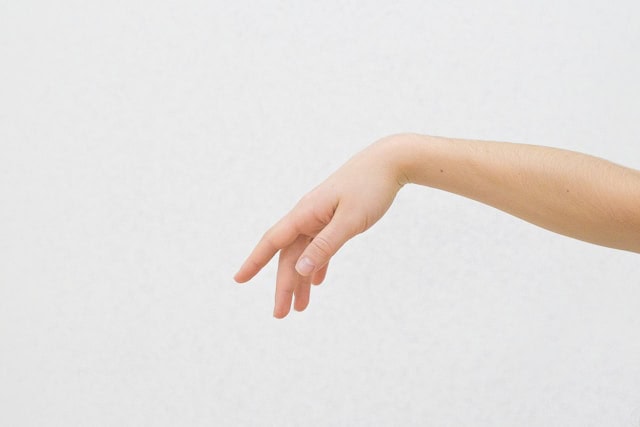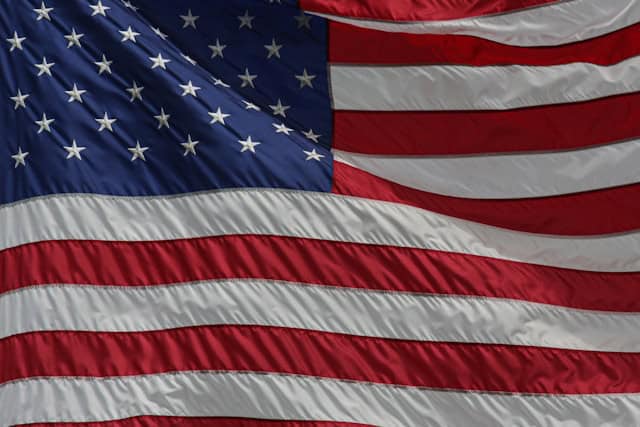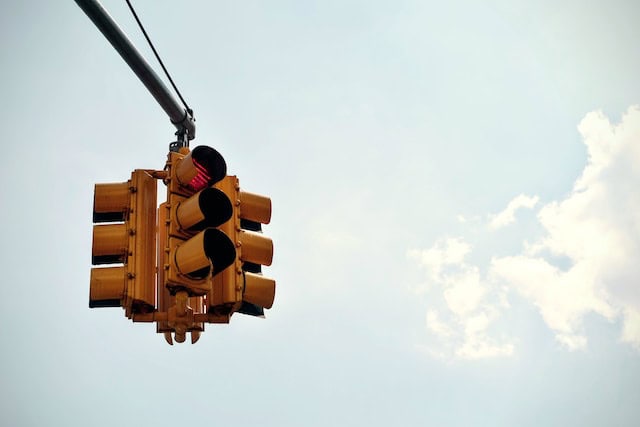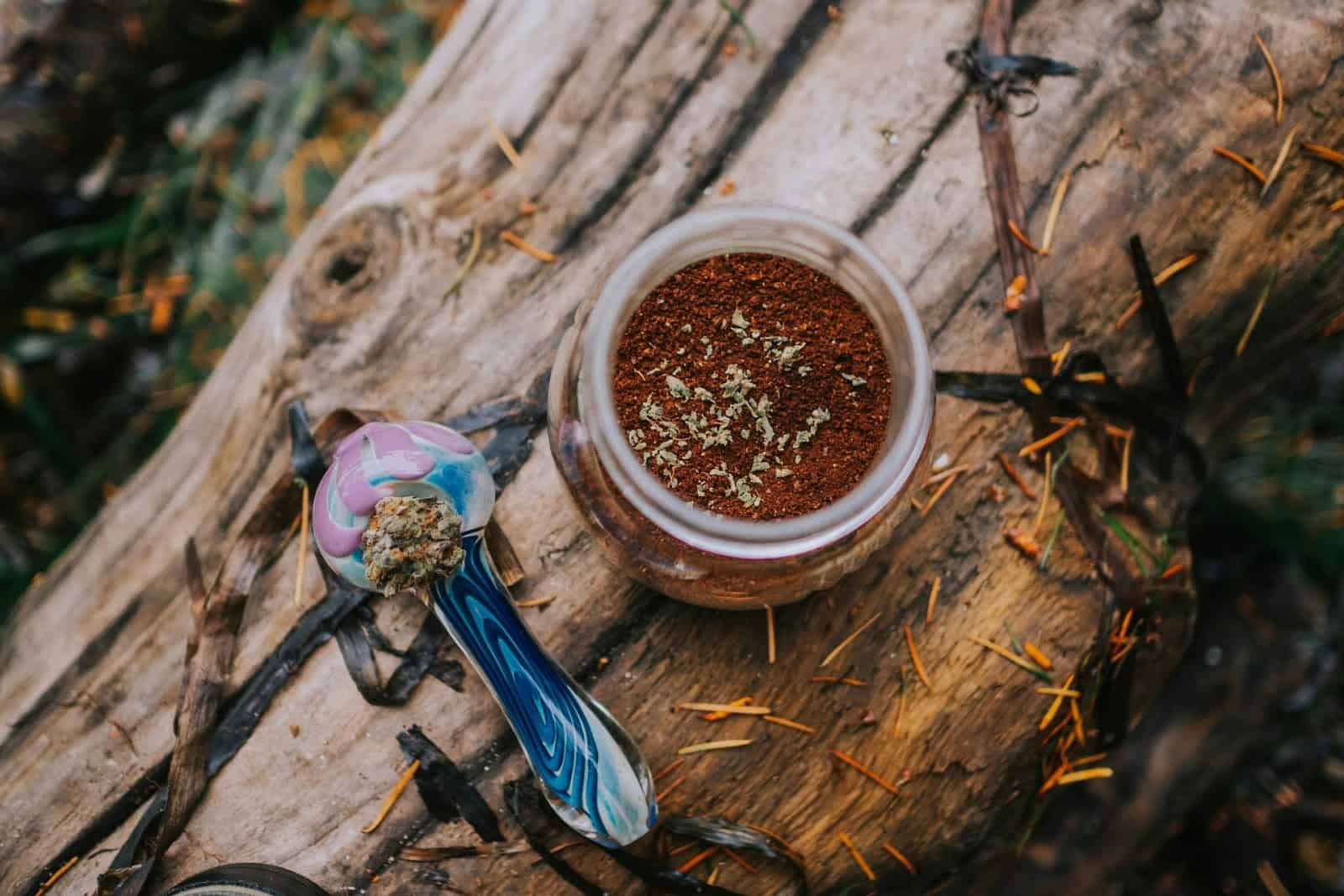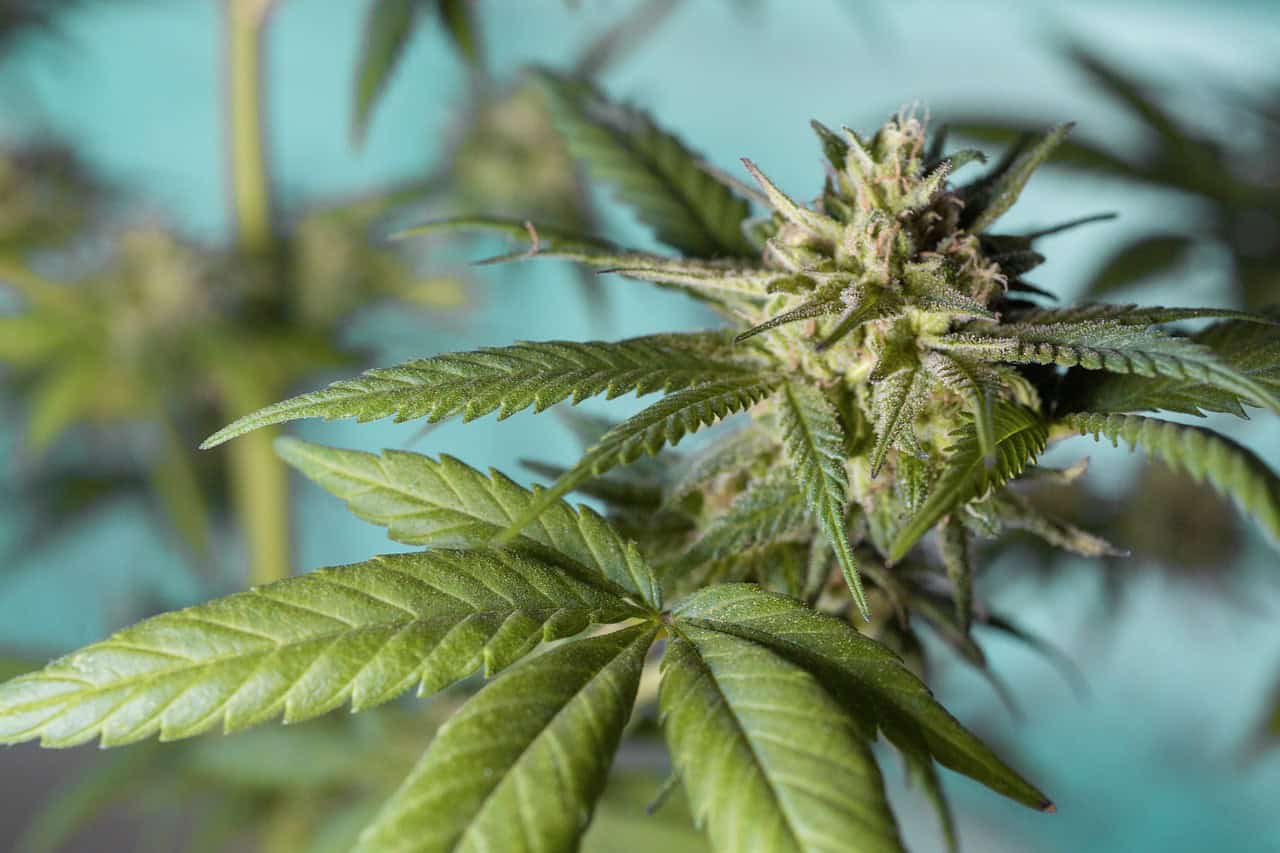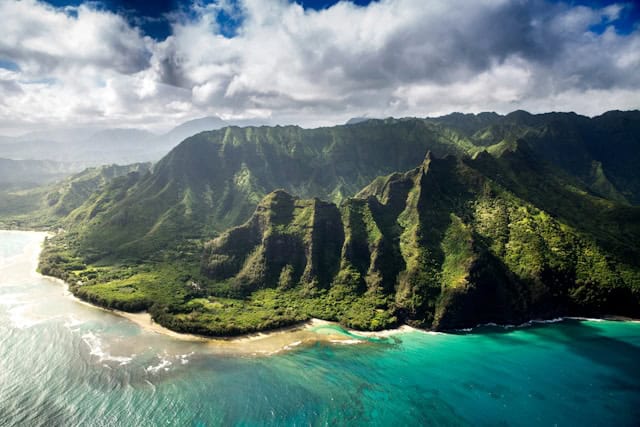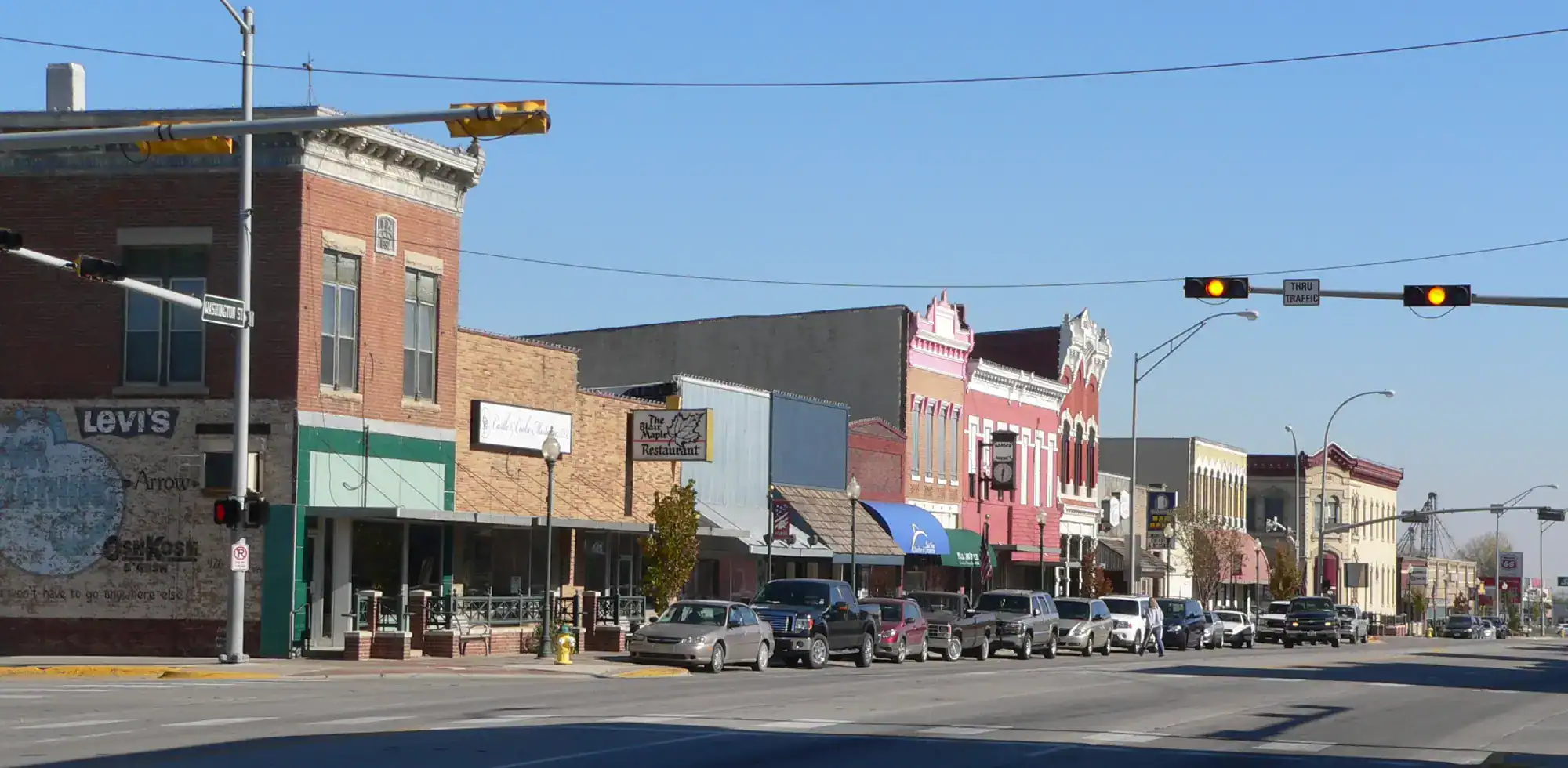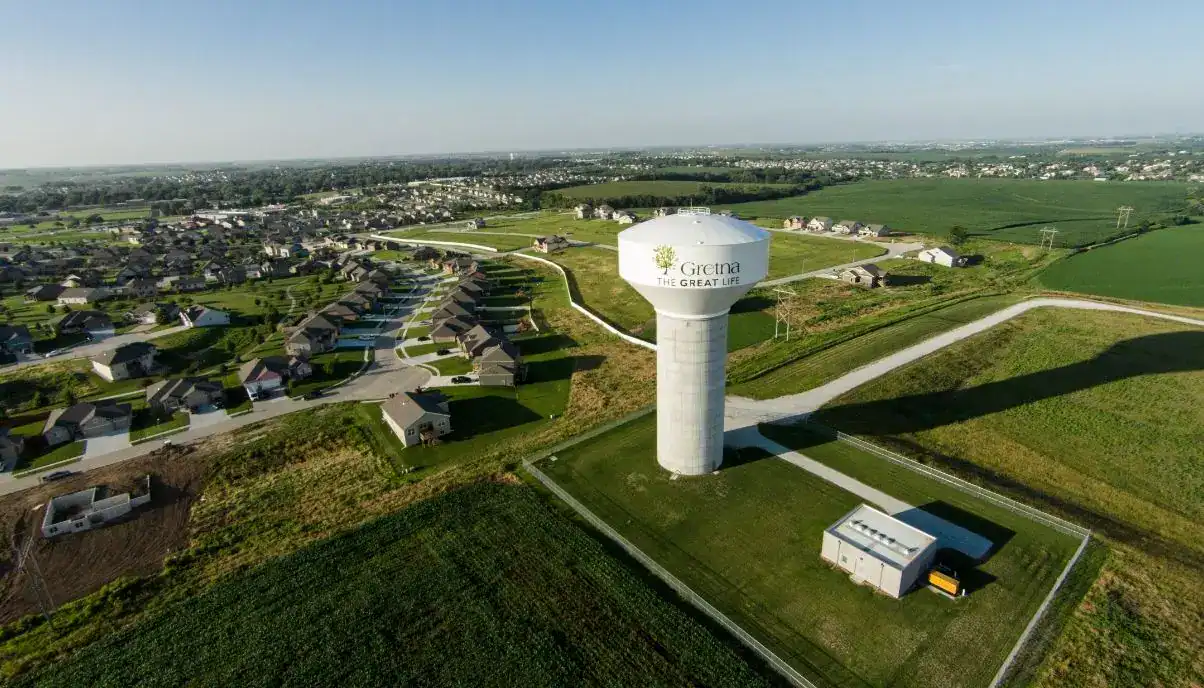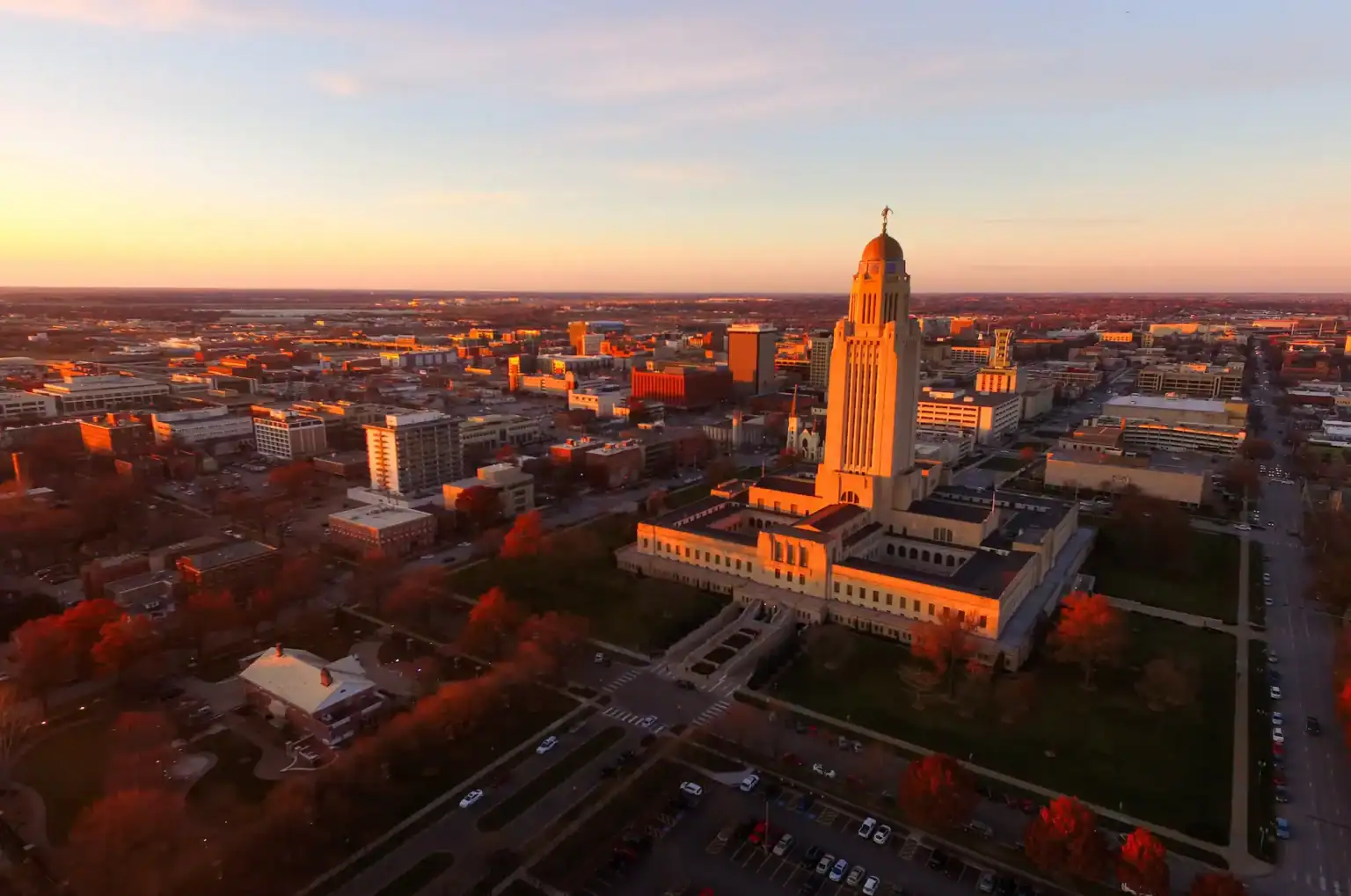
Is CBD Legal in Nebraska
Yes, CBD products are legal in Nebraska
 Legal
Legal
CBD products are legal in Nevada if they abide by federal guidelines, meaning they must contain less than 0.3% THC.
CBD, or cannabidiol is a compound derived from the cannabis plant. CBD has the potential to offer therapeutic benefits without psychoactive effects. It has shown promise in alleviating pain, reducing anxiety, and improving the quality of sleep. Research into CBD is still ongoing, but it has shown effectiveness in treating a variety of ailments. Before buying CBD in Nebraska, make sure to check the lab test results for each product to ensure that they are labeled accurately.
There are no age restrictions to purchase CBD in Nebraska, but most sellers will require that buyers are at least 18 years old.
CBD oil is an oil created from processed cannabis or hemp plant parts.
CBD usage does not appear to be associated with dependency or abuse.
While CBD itself does not show up on a drug test, THC within these CBD products could lead to failed drug test. Isolate CBD products with 0% THC are recommended to avoid positive tests for THC on a drug test.
CBD can regulate mood and relaxation and has been used to relieve the symptoms of cancer and chronic pain.
CBD can be smoked and may provide a safer alternative to cigarette smoking. Since CBD does not contain THC, it also is free from psychoactive effects. Remember that CBD for smoking must come in a smokable form like flower or concentrate, most tinctures are not meant to be smoked.
CBD can be smoked and may provide a safer alternative to cigarette smoking. Since CBD does not contain THC, it also is free from psychoactive effects. Remember that CBD for smoking must come in a smokable form like flower or concentrate, most tinctures are not meant to be smoked.
Is THC Legal in Nebraska
No, THC products are illegal in Nebraska
 Legal
Legal
In Nebraska, you cannot buy THC products for recreational use, as recreational marijuana is illegal. However, for medical use, the state permits low-THC CBD oil with less than 0.3% THC, and there is no established age for purchasing this product. Typically, individuals interested in low-THC CBD oil should check with dispensaries regarding specific age requirements or parental consent, especially for minors.
No, since the legal framework for cannabis in Nebraska is restrictive and does not establish a regulated market for THC products, there are no requirements for third-party testing or quality assurance mechanisms for cannabis-derived products.
No, since the legal framework for cannabis in Nebraska is restrictive and does not establish a regulated market for THC products, there are no requirements for third-party testing or quality assurance mechanisms for cannabis-derived products.
Is Delta-8 Legal in Nebraska
Yes, Delta-8 products are legal in Nebraska
 Legal
Legal
Delta-8 THC is legal in Nebraska because the state aligns with the federal law by allowing all hemp-derived products. However, there have been reports of authorities seizing delta-8 products in local towns; Delta-8 tetrahydrocannabinol (Delta-8 THC) is a cannabinoid found in the cannabis plant, known for its psychoactive effects, although they are generally milder compared to the more well-known Delta-9 THC. The debate over Delta-8 largely centers on its legal status, potential health risks, and production methods. Despite being derived from hemp, legalized in the United States via the 2018 Farm Bill, the extraction and conversion processes have come under regulatory scrutiny. Critics argue that these methods could lead to impurities and safety issues. Moreover, concerns exist regarding its impact, particularly when consumed by vulnerable groups such as minors, given that Delta-8 products are often promoted as a legal and less potent alternative to traditional marijuana. Consequently, the regulatory environment and public perception surrounding Delta-8 THC remain intricate and contentious.
Delta-8 THC is legal in Nebraska because the state aligns with the federal law by allowing all hemp-derived products. However, there have been reports of authorities seizing delta-8 products in local towns; Delta-8 tetrahydrocannabinol (Delta-8 THC) is a cannabinoid found in the cannabis plant, known for its psychoactive effects, although they are generally milder compared to the more well-known Delta-9 THC. The debate over Delta-8 largely centers on its legal status, potential health risks, and production methods. Despite being derived from hemp, legalized in the United States via the 2018 Farm Bill, the extraction and conversion processes have come under regulatory scrutiny. Critics argue that these methods could lead to impurities and safety issues. Moreover, concerns exist regarding its impact, particularly when consumed by vulnerable groups such as minors, given that Delta-8 products are often promoted as a legal and less potent alternative to traditional marijuana. Consequently, the regulatory environment and public perception surrounding Delta-8 THC remain intricate and contentious.
Although Delta-8 is commonly recognized for its diminished potency compared to Delta-9 THC, it can still produce psychoactive effects, emphasizing the importance of circumspect use. Those with existing medical conditions or under medication should consult a healthcare professional before experimenting with Delta-8.
The impact of Delta-8 THC on the body unfolds through its binding to the CB1 receptors within the endocannabinoid system, primarily situated in the central nervous system. This connection initiates psychoactive effects, generally less pronounced than those induced by Delta-9 THC. Individuals often express feelings of calm, elation, and an altered sensory perception. Delta-8 may also incite an increased appetite, provoke dry mouth, and result in red eyes. Nevertheless, the expression of its effects can diverge significantly from person to person, shaped by factors such as dosage, tolerance, and the distinctive sensitivity of each person to cannabinoids.
Delta-8 THC is legal in Nebraska. The state exempts hemp-derived products, including Delta-8 THC, from its list of controlled substances.
Both Delta-8 THC and Delta-9 THC possess akin chemical structures, with Delta-8 being acclaimed for its diminished potency and propensity to deliver a milder, more lucid high. It's a favored choice among users aiming for a functional encounter.
Delta-8 THC comes in a variety of presentations, encompassing edibles, vape cartridges, tinctures, and capsules. The preferred method of consumption is a personal choice, influenced by individual preferences and the desired effects.
Delta-8 THC's safety is a subject of debate and research. It is generally considered less potent with milder psychoactive effects than Delta-9 THC, but concerns linger about potential impurities resulting from its production methods. Additionally, as with any psychoactive substance, safety can vary depending on an individual's health, usage, and dosage. More comprehensive scientific studies are needed to provide a conclusive assessment of its safety, but caution is advised, especially in the absence of clear regulatory standards.
Regularly observed side effects may consist of dry mouth, red eyes, an accelerated heart rate, and temporary memory lapses. Typically, these effects are milder than those commonly associated with Delta-9 THC.
Certainly, the ingestion of Delta-8 THC might lead to a positive result on a drug test, as numerous tests cannot discern between Delta-8 and Delta-9 THC. If drug testing is a concern, exercising caution with Delta-8 products is recommended.
The possibility of purchasing Delta-8 products may vary depending on your location, with typical age restrictions specifying a minimum age of either 18 or 21. Staying within the confines of the law necessitates acquainting yourself with your area's age requirements through local regulation research.
You have various sources to explore for acquiring Delta-8 products, including licensed dispensaries, online vendors, and certain convenience stores. It's essential to thoroughly research the legality of Delta-8 in your locality and select a reputable seller dedicated to both product quality and adherence to local regulations.
Is Delta-9 Legal in Nebraska
No, Delta-9 products are illegal in Nebraska
 Legal
Legal
In Nebraska, you must be at least 21 years old to purchase Delta-9 THC products. This age restriction applies to hemp-derived Delta-9 THC products, aligning with general regulations for adult-use cannabis products. However, Nebraska does not permit the sale of marijuana-derived Delta-9 THC products as the state has not legalized recreational or medical marijuana.
No, smoking Delta-9 THC flower is not permitted in Nebraska. The sale and consumption of items containing Delta-9 THC generated from marijuana is prohibited and neither recreational nor medicinal marijuana usage is permitted in the state. Furthermore, although federal standards may permit the use of hemp-derived Delta-9 THC products, the absence of state restrictions might leave the legality of smoking such products unclear and perhaps open to enforcement measures.
In Nebraska, Delta-9 THC products, particularly those derived from hemp, are subject to third-party testing. This testing ensures that the products meet quality and safety standards, comply with federal guidelines (including having less than 0.3% Delta-9 THC), and are free from contaminants such as pesticides, heavy metals, and residual solvents.
In any case, it’s essential to verify that the products are purchased from reputable sources, as state-specific regulations may not be as robust as those in states with more developed cannabis programs.
Is HHC Legal in Nebraska
No, HHC products are illegal in Nebraska
 Legal
Legal
In Nebraska, there is no specific age restriction for purchasing HHC (Hexahydrocannabinol) products that is distinct from general hemp-derived product regulations. As such, you generally need to be at least 18 years old to buy HHC products. These products are available at various retail locations, including convenience stores, vape shops, and online platforms.
Yes, it is legal to smoke HHC (Hexahydrocannabinol) flower in Nebraska. The state permits the use of hemp-derived cannabinoids, including HHC, as long as they adhere to federal regulations, such as containing less than 0.3% delta-9 THC.
In Nebraska, there is no state-specific law that requires third-party testing for HHC products. However, many reputable manufacturers and retailers voluntarily have their products tested by independent labs. This practice is crucial as it ensures that the products adhere to safety and quality standards, particularly regarding the THC content, which must remain under the federally mandated 0.3% threshold.
Third-party testing also helps confirm that hemp-derived HHC products are free from harmful contaminants and are accurately labeled. This extra layer of scrutiny supports product safety and builds consumer trust by verifying that products meet both federal and industry standards.
In any case, we highly suggest that you do your research, as reputable brands generally have these results on the label, online, or both.
Disclaimer
This information is derived from our independent research. Our team aims to ensure that we give you accurate up-to-date details from reliable state-run sources. However, we are not legal experts, and local laws can be subject to change.









